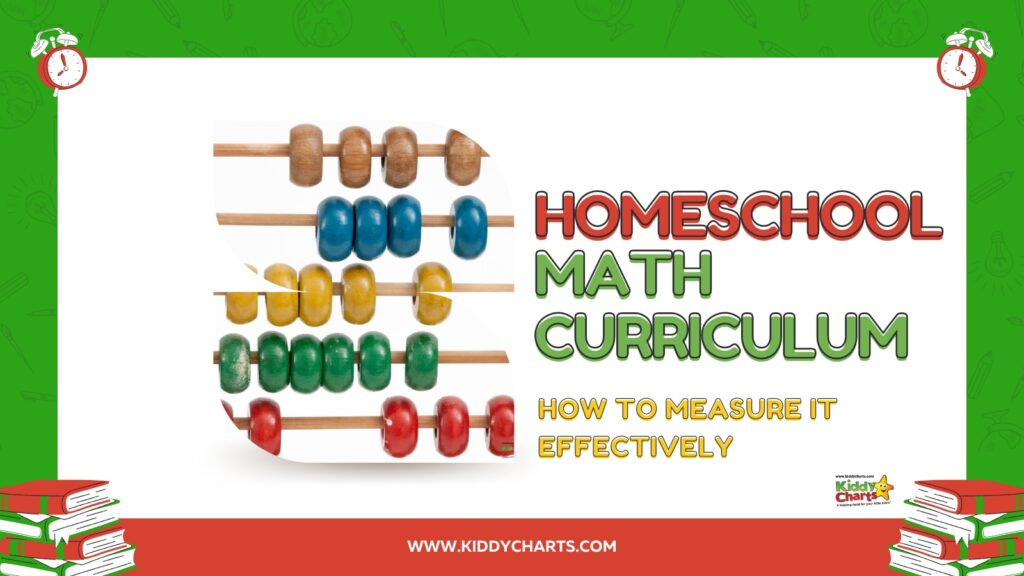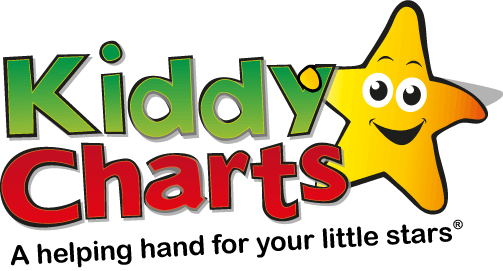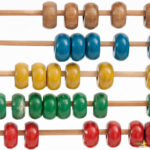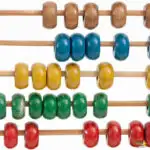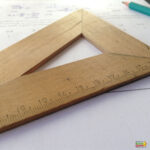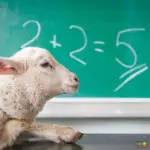As a homeschooling parent, you have the responsibility to ensure that your child receives the best math education possible, and to follow a suitable homeschool math curriculum. One of the critical steps in achieving this goal is choosing the right math curriculum for your child. Whichever one you choose, making that choice is not enough of course. It is important to also measure the success of your kid’s homeschool math education.


This article will tell you how to do that and suggest actions to improve your homeschool math curriculum effectiveness.
Some tools for measuring success of your homeschool math curriculum
In order to help measure how you are getting on at homeschooling in math – here are some ideas for you. Some of which might even be fun to try 😂
Math games and activities
Games and activities based on math for children are fun, and they can also be excellent ways to measure the success of your child’s homeschooling. Games and activities allow your kid to apply math concepts they have learned in real-life situations.
You can include board games, card games, and puzzles in their math curriculum. These activities not only help you measure your child’s success but also improve the chances that they will adapt to the curriculum you create for them.
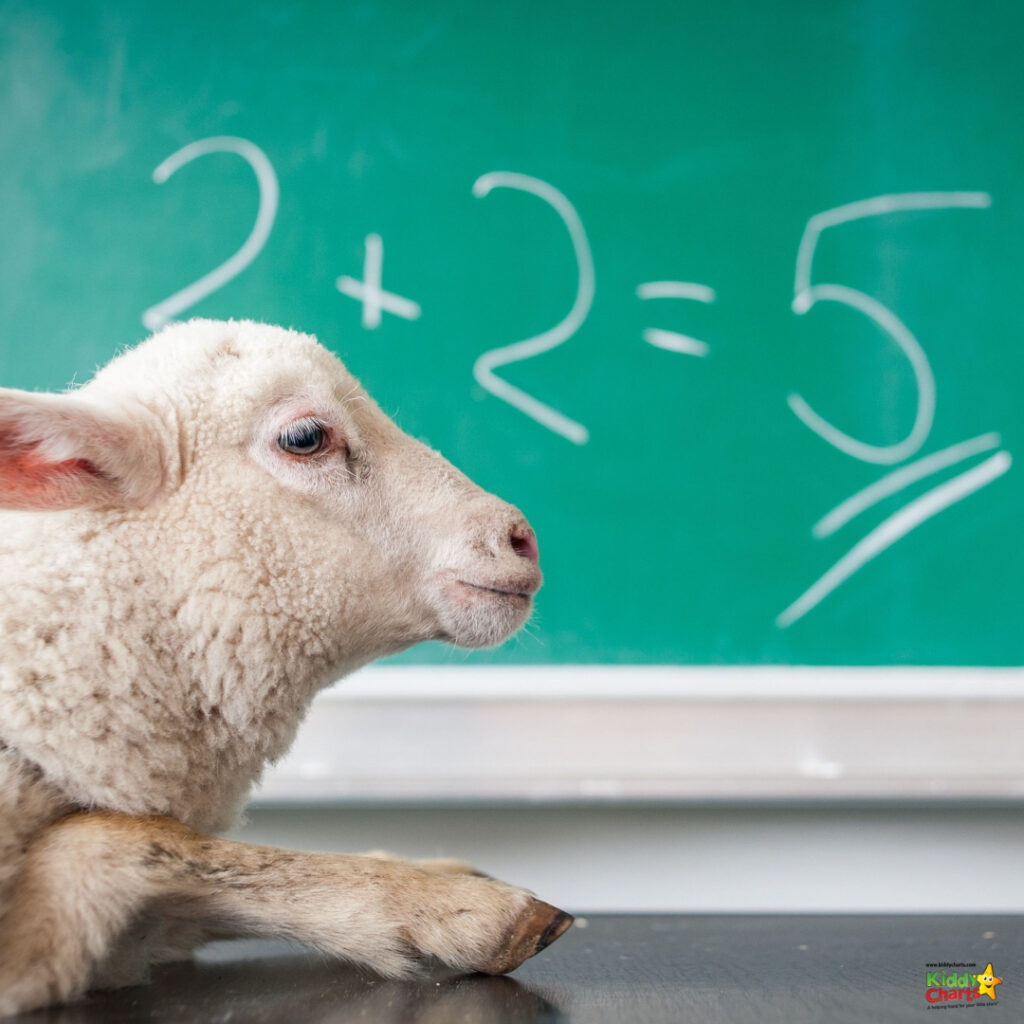
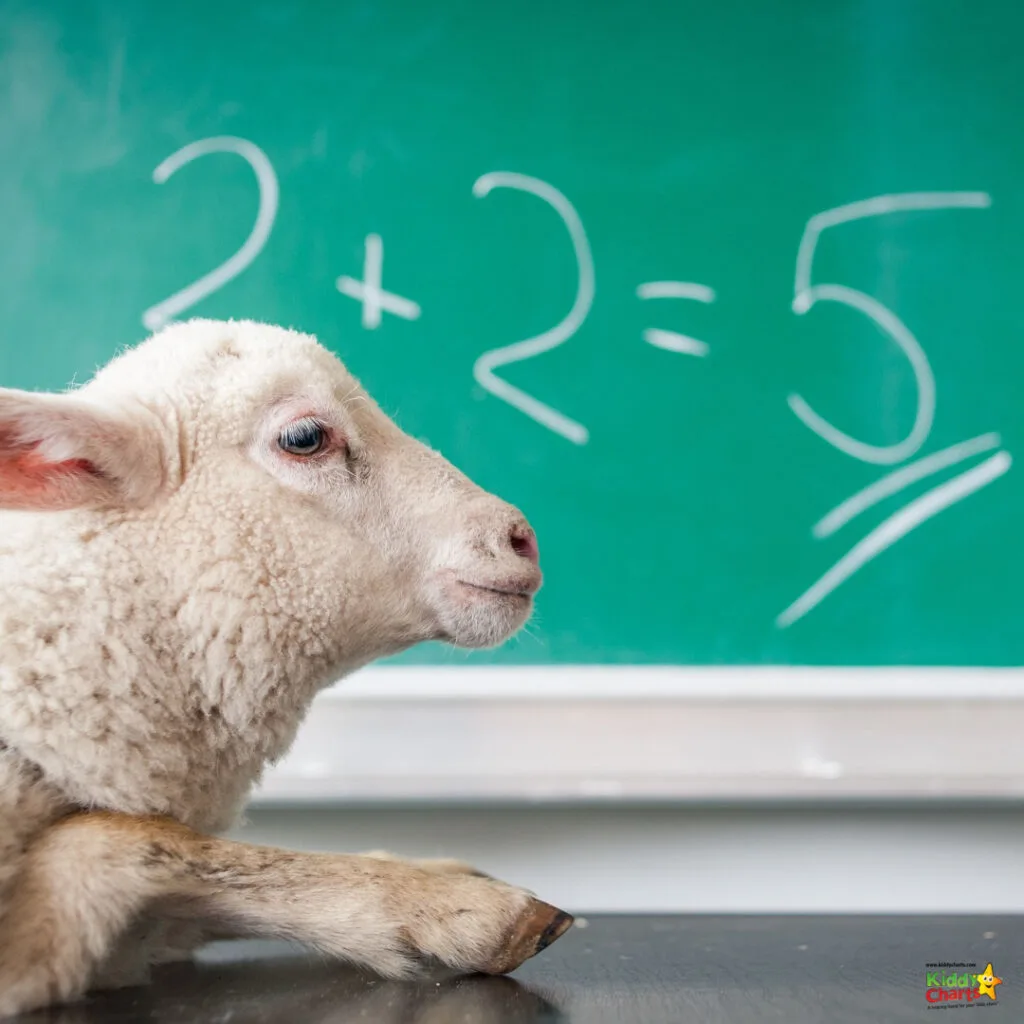
Assessments
Assessments are a critical component of measuring success in any homeschool math curriculum. Regular formal or informal assessments can help you evaluate your child’s math progress and see if it suits their needs or requires changing. You can use various assessment tools such as quizzes, tests, and worksheets to identify areas where your child needs improvement and tailor your teaching to their needs.


Math standards
One of the best ways of measuring success in homeschool math education is to follow the math standards. Math standards define what your child should learn in each grade level. These guidelines are developed by experts and are used by most schools and homeschooling programs.
By following them, you can track your child’s progress and help them not veer off track, thereby improving their chances of success in due course.
Your child’s mastery of concepts
Mastery of math concepts is a critical indicator of the success of any math curriculum. Your child must understand the material and apply their knowledge in different contexts for you to certify that their curriculum is working. Concept mastery is an ongoing process, and you can measure it by assigning your child tasks that require them to apply the math concepts they have learned.


Your child’s progression
Your child should progress from one math concept to another as they move from one grade level to another. The process doesn’t have to be seamless, but if you notice your child struggling with most math topics, it may be time to consider a different approach to choosing math curriculum for your child.
You can measure progression by tracking your child’s performance over time. If your kid is progressing as expected, it is a sign that the current curriculum and teaching approach are successful.
Actions you can take to improve the success rate of your homeschool math curriculum
In terms of actions you can take to improve the success rate of your homeschool math curriculum, we recommend the following:
Setting realistic goals
Measuring success in your child’s math education at home requires you to set realistic goals. When you know where your child stands in terms of understanding math concepts, you can set achievable and relevant goals. The metrics for meeting those goals will also give you more insights into the success level of your child’s homeschool curriculum.


Identifying strengths and weaknesses
Identifying your child’s strengths and weaknesses will uncover their math curriculum’s problems and weak points. This information is essential as it allows you to tailor your teaching to your child’s needs. By focusing on your child’s reactions to the curriculum, you can provide extra support and guidance to help them improve in those areas.
Staying accountable
No matter how sophisticated your child’s homeschool math curriculum is, you won’t have much success if you don’t hold yourself accountable for your child’s progress. By keeping track of your child’s understanding of math concepts, you can identify areas where you need to improve your teaching approach. Being accountable also involves helping them stay on track, checking the curriculum for updated elements, and being present in your child’s homeschooling.
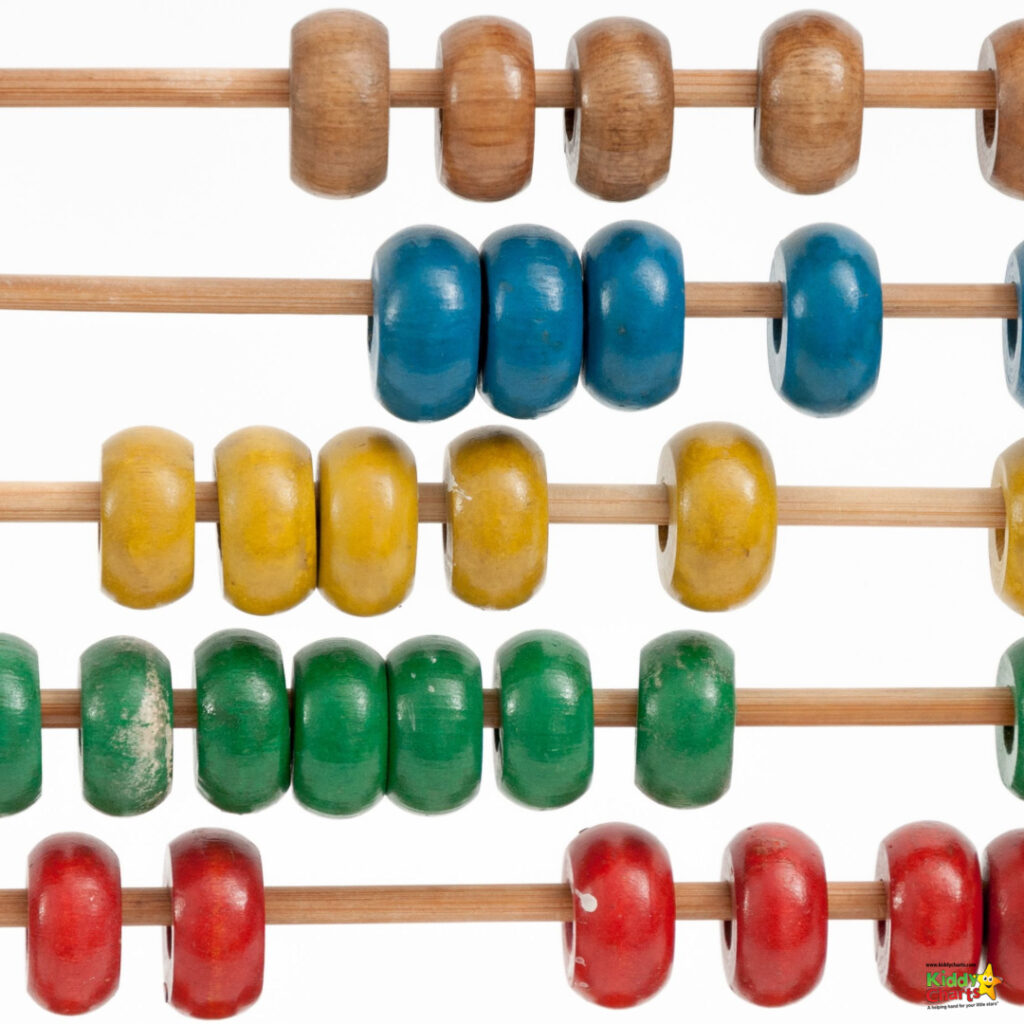
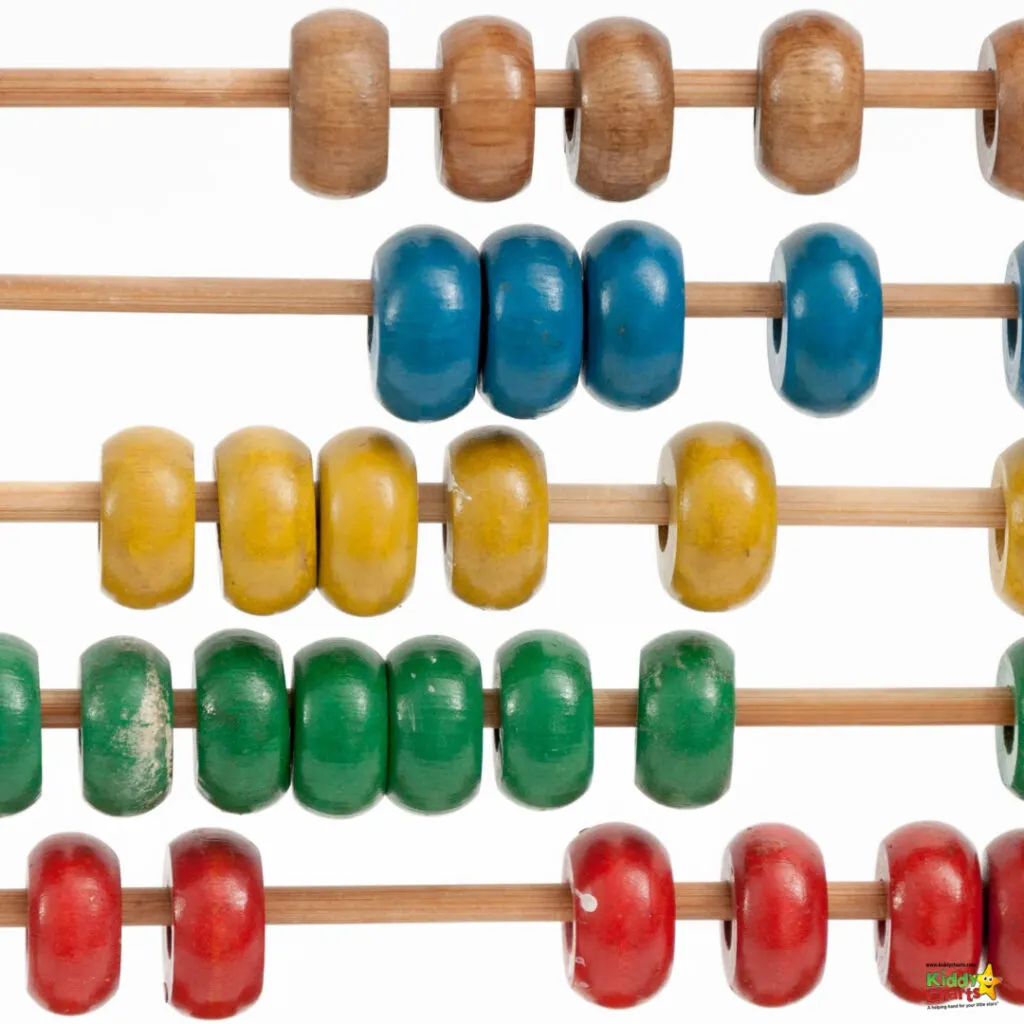
Checking the curriculum effectiveness
Monitoring the effectiveness of your child’s homeschool math plan over time will put you in the best position to make changes and tweaks on time. You can do this by understanding the math concepts they learn and looking for easier methods your child can use to approach questions while talking to professionals about any issues your child has with the curriculum.
Celebrating your child’s efforts
Sometimes, the defining factor for a homeschooling curriculum’s success depends on your child’s emotional state. And you should be your child’s support system if they learn from home since they won’t have the company of their friends and classmates to fall back on. So, learn to celebrate your child’s achievements and milestones; it can boost their confidence and motivation, positively impacting their study plan or curriculum.


What you stand to gain by measuring success of your homeschool math curriculum
Measuring the success of your homeschool math curriculum has perks that can include:
Effective feedback
Measuring the success of your homeschool math curriculum allows you to get feedback from your child. You can adjust your teaching methods and approach as you track your child’s progress and understand their strengths and weaknesses. Additionally, your child receives feedback on their understanding of math concepts, which helps them identify areas where they need to focus more attention while studying.


A chance for early intervention
Taking a measurement approach after introducing your child to a homeschool math curriculum will allow you to identify areas where they struggle early on. Thus, you are able to intervene quickly and support your kid. Your influence can help stop them from falling behind other kids who attend traditional schools and struggling with more advanced math concepts in the future.
Individualised learning ideas
The insights and chance to tailor teaching to your child’s specific needs is a perk you may not get if you don’t measure your curriculum’s success. Regularly auditing allows you to see what works and what doesn’t. You can adjust your teaching approach to help your child succeed. The individualised learning approach helps your child learn at their own pace and in a way that best suits their learning.


Collaboration insights
The different processes and tools involved in measuring success in homeschool curricula allow parents to communicate and collaborate with children. Tools like math games and fun activities that parents can engage in with their kids strengthen their bond.
They also teach kids collaboration while letting the parents know how well the curriculum suits their children’s learning styles. You can also cooperate with other homeschooling parents to share tips and strategies for measuring success in math education.
Future-proof planning
As your child progresses through their math curriculum, they will develop critical thinking, problem-solving, and analytical skills. Measuring the curriculum lets you know how much your approach gives your child a chance to think outside the box. With data to hand, you can improve things to better prepare them for success in college, careers, and everyday life.


Measuring success in your homeschool math curriculum requires a multi-faceted approach. There are a number of critical components of measuring success in math. These are following the math standards, using math games and activities, measuring mastery of concepts, and tracking progression. Thus, you can ensure your child receives the best homeschooling education possible.
Take a look at some of the other homeschool resources that we have on site. You could even download some of them too?
Other ideas for teaching and homeschool on KiddyCharts
Here are some more ideas that are helpful for homeschool and teachers on KiddyCharts
Goals for children: Download your free printable today
Help the kids set their goals as part of the classroom or homechooling term.
Get your Pen License certificate! Pen License and Handwriting Rockstars
Do you need to print a pen license? We've got a certificate for this right now for you!
Free homeschool timetable: Do you really need one?
Are you looking for a homeschool timetable - well this might help you out. It includes a blank template for you to fit in yourself too.
And some more ideas from off KiddyCharts site too:
Home schooling - more resources
These are some other ideas to help you get through home schooling with your kids - from tips on managing it to timetables and ideas to help kids focus.
Free homeschool timetable: Do you really need one?
Do you need a homeschool timetable now you are being thrown in at the deepend - have a look at this and decide what works best for you!
Are you suddenly homeschooling? Discover tips and resources to help!
Specific tips for you if you find that you suddenly have to manage homeschool and you haven't done it before...
How to Keep Your Sanity While Homeschooling
And we know we love our kids, but we still need to keep sane while we homeschool; so here are some ideas to stop you from going mad!
The most overlooked reason why your kids won't listen, focus or sit still.
Finally, a really important tip to help your kids to stay focused and on point in their schooling.
Why not check out our newsletter as well?
Thanks for popping to see us, and we would love if you came back soon too.
Helen
